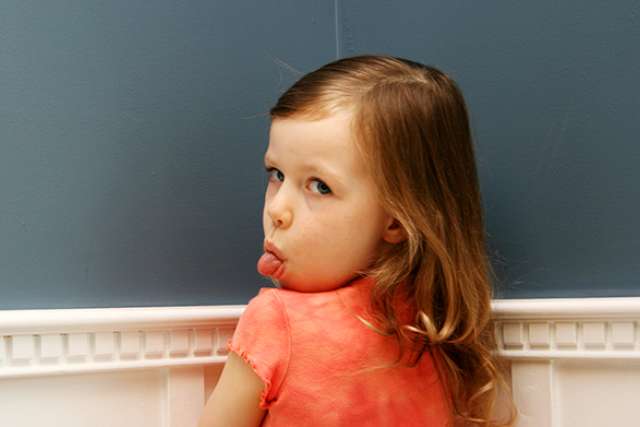The American Academy of Pediatrics (AAP) recently published an updated policy statement concerning effective child discipline. The newest recommendations from the AAP encourage parents to avoid physical contact or hurtful words when addressing undesirable behavior in children. Instead, the group continues to endorse alternative forms of discipline.
Discipline is different from punishment
“The latest research has shown that short-term or long-term physical discipline doesn’t result in parents’ desired outcome — having the child stop the negative behavior,” says UCLA pediatrician and internal medicine physician Alice Kuo, MD.
The AAP used research findings to support its position that parents should avoid any punishment intended to cause pain or discomfort – such as slapping, spanking or boxing ears – as a means of changing children’s behavior.
“The word discipline comes from the Latin word disciplinare, which means to teach or train,” says Dr. Kuo. “It doesn’t mean to punish, yet many parents feel they should punish their children for not obeying. We want parents to understand that many challenging child behaviors are often developmentally normal and will fade as the child matures.”
‘Picking your battles’ is key to positive parenting
Dr. Kuo says parents should choose which behaviors they ignore and which they address.
“I encourage parents to ignore a lot,” she says. “Children will learn things over time — from teachers, from peers. It isn’t necessary for parents to address every issue because children will naturally learn them in different settings over time. In fact, the more a parent is able to ignore, the more likely they are to have the reserves to address more challenging behaviors in a calm, controlled manner.”
Distraction is another effective and positive move that helps parents avoid punishment as discipline, says Dr. Kuo. If a child is engaging in undesirable behaviors, parents can encourage them to channel the energy into a different, more useful, task. The child will often stop the undesired behavior and the parent will have more success in controlling words or actions in tense moments.
Punishment is linked to negative health consequences for children
Research has shown punishment may have negative consequences for a child’s cognitive, social and emotional health. “Children who are bracing themselves for harsh verbal interactions or physical contact are living in fear,” says Dr. Kuo. “They may suffer depression and anxiety. This type of environment isn’t conducive to positive brain development.”
She recommends parents seek advice and support from other parents and talk about their parenting challenges. In many instances, parenting peers can offer strategies that may be useful.
“The reality is, parenting can be very difficult. If you have a child who is spirited or has excess energy, it can be hard to control,” says Dr. Kuo. “However, most children do eventually outgrow those behaviors. In the meantime, get the support you need, including talking with your pediatrician to get recommendations for how to deal with the parenting challenges you face.”
You can find a pediatrician or call 310-825-0867. Additionally, UCLA Mattel Children’s Hospital offers Health Tips for Parents online.



